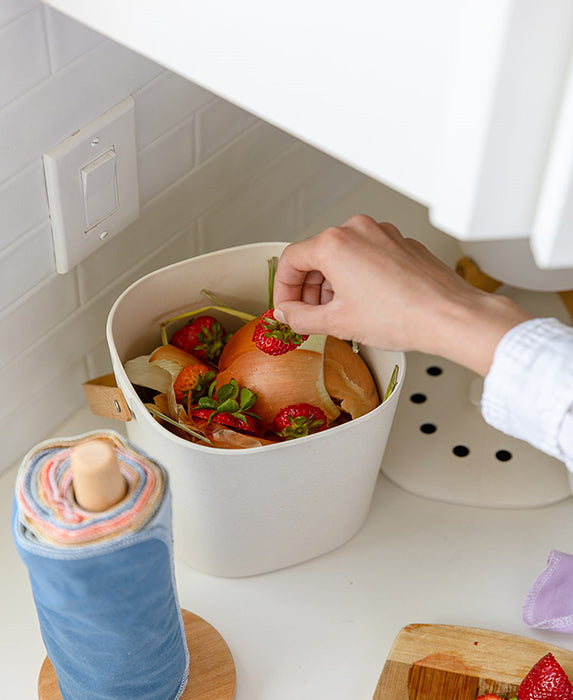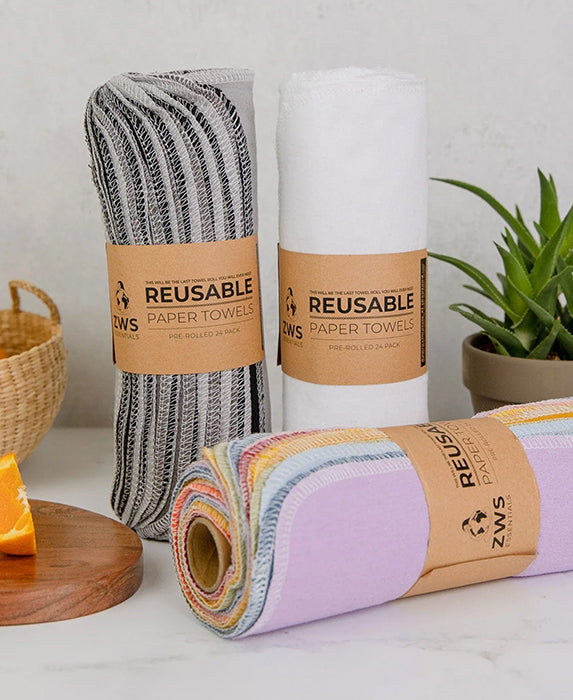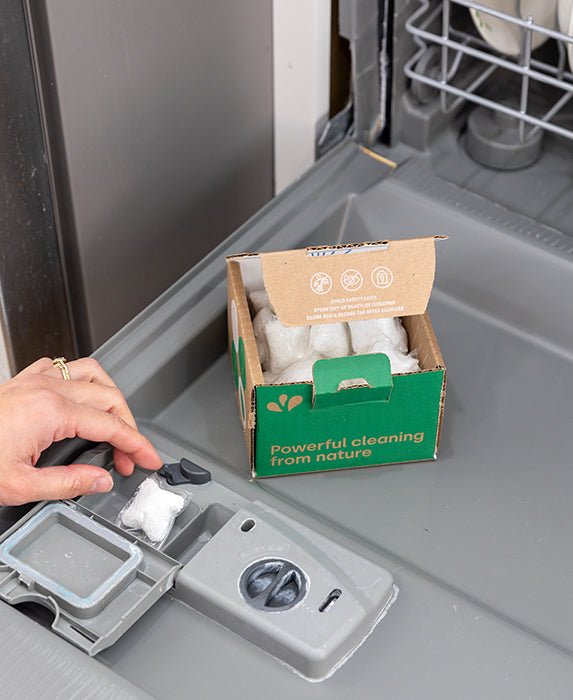Moving creates waste. It requires materials like boxes, tape and packing paper that can harm the environment when not recycled. It is also a common time to declutter, but that clutter may end up at the nearest landfill. Additionally, moving vehicles consume fuel and emit harmful greenhouse gases. Whether you’re moving around the corner or across the country, your new endeavor will have a carbon footprint.
A little effort can reduce the environmental harm caused by your move. Discover several unique ways you can move in an eco-friendlier way.
Get Creative With Boxes and Packing Materials
Boxes are a significant source of waste in a move, but they don’t have to be. One of the best ways to reduce waste is to use boxes and containers you have throughout the house. Save the boxes from your online orders and other purchases in a dry storage area, and you will have them ready for your next move.
Boxes are easily recycled, so there’s no need to purchase new ones before a move. Friends, family and neighbors are also excellent sources for acquiring used boxes when you need more than what you have in storage.
Packing materials are not as easy to recycle, so they often end up in the trash after a move. However, packing supplies don’t need to be paper and bubble wrap. Use items you already have, like towels, linens and clothing to safely wrap fragile items without creating waste.
Use Online Resources
Technology makes moving easier and less wasteful. Several websites, including BungoBox and Bin It, provide heavy-duty moving crates of all sizes. There’s no need to buy new moving supplies when companies offer more convenient and environmentally friendly alternatives.
If you need to buy bubble wrap and tape, opt for more environmentally friendly alternatives like products made from recycled cardboard. Paper craft tape is an eco-friendly alternative to plastic tape too.
Donate, Don’t Throw Away
Moving is an ideal time to reduce clutter by getting rid of items that are broken or useless. Unfortunately, that’s how a lot of perfectly good items end up in landfills.
Organize the items you no longer need in "trash,” “recycle” and “donate” piles. The goal is to keep the trash pile as small as you can. Donate clothing, toys, home goods and other items to local organizations that can get them to people in need. Churches, schools and animal shelters can often put your unwanted items to good use.
Start reducing clutter long before your move, so you have time to sort items and donate or recycle them. Waiting until the last minute is how good things get left on the curb or in the trash.
Don’t Pack the Kitchen Just Yet
You spend a lot of time in your kitchen, and it’s full of items you need to pack for your move. Save waste by packing kitchen items you don’t regularly use and leave essentials, like cups, bowls and cutlery for later. Many people pack the kitchen then rely on the convenience of paper plates and plastic cutlery until moving day and during the first days, or even weeks, at their new destination.
When you finally pack these essential items, label the box so you know exactly where they are when you arrive at your destination. Using your dishes and flatware will reduce the amount of unnecessary waste created during your move.
Make Fewer Trips
Making fewer trips to your new destination will save you time and money while causing less harm to the environment. Focus on packing all your items into a single moving truck if possible, or pack your vehicle full every time you go. Take fewer trips to reduce the amount of pollution your vehicle causes.
Recycle Correctly
Sixty-two percent of Americans in a recent survey stated that a lack of knowledge causes them to recycle incorrectly. That means many recyclable items go straight into landfills instead of where they need to go. The United States Environmental Protection Agency website offers a variety of resources on how to recycle certain items, such as used electronics, batteries and more.
Contact your local recycling company before the move, so you know how and where to recycle. Remember that different towns and companies have varying requirements for recycling. Research the local recycling company at your destination to recycle correctly in your new home.
Properly preparing for your next move can reduce the negative environmental impact it causes. Get creative with boxes and packing supplies, donate unwanted items and learn the ins and outs of recycling in your area to make your next move more sustainable.
Sources
https://www.organized-home.com/posts/eco-friendly-sustainable-packing-moving-tips/
https://www.moving.com/tips/green-moving-8-tips-eco-friendly-move/
https://www.quickenloans.com/learn/moving-tips
https://nypost.com/2019/04/16/more-than-half-of-americans-are-confused-about-recycling/
Author bio: Chris Knowles is the owner of True Friends Moving Company, a quickly growing moving company with three markets within the Southeastern United States. Knowles has many years of experience in the moving industry and is committed to quality and affordable relocation services.









